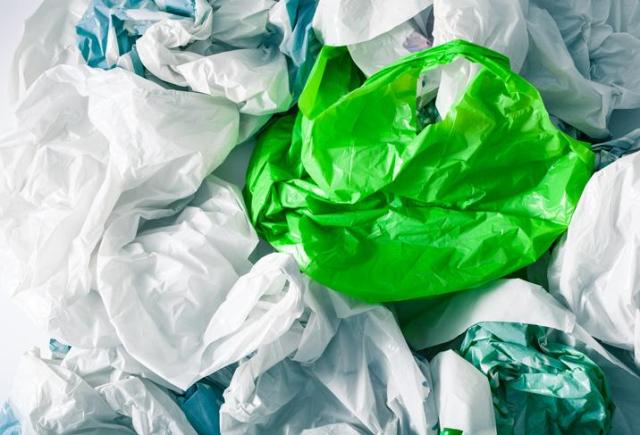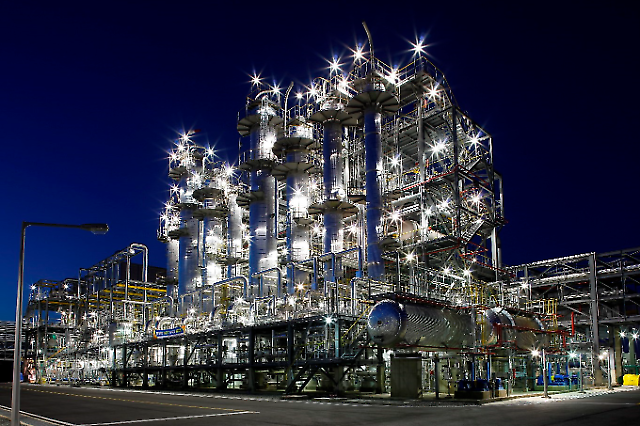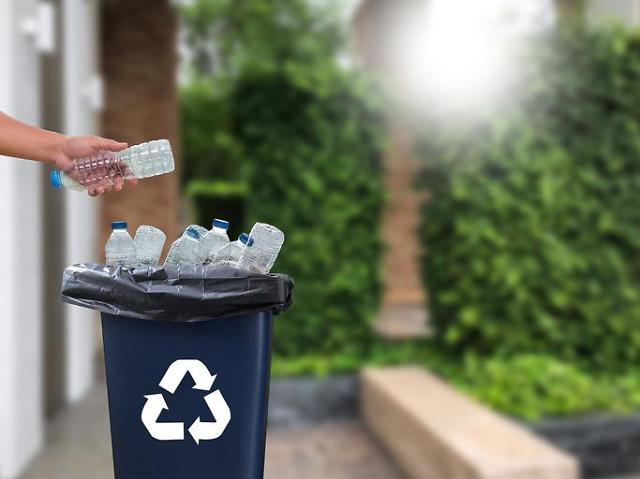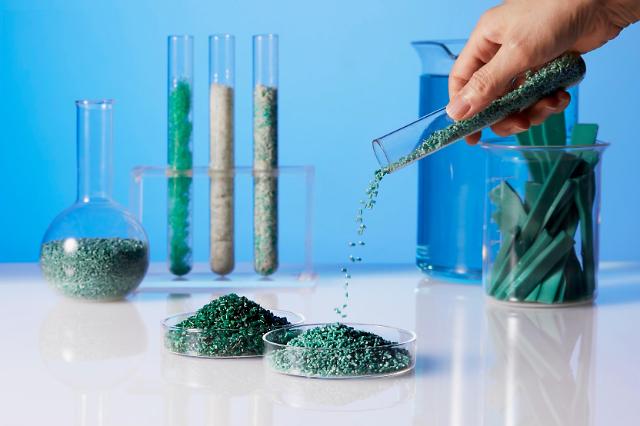
SEOUL, April 22 (AJU PRESS) - Major Korean oil refiners are ramping up projects to utilize pyrolysis technology for recycling plastic products as part of efforts to reduce carbon emissions.
In the thermal decomposition process, extreme heat and pressure are used to break down plastics into crude oil or raw polymer material.
GS Caltex said on Monday it utilizes crude oil extracted through a pyrolysis recycling process to produce petroleum products at its plant located in the southern port city of Yeosu.
The company aims to increase its annual recycled oil manufacturing capacity to up to 50,000 tons by the end of this year with an ultimate goal of one million tons.
GS Caltex also produces compound resin made from used plastics, which serves as raw materials for car parts and home appliances. Through plastic recycling, the refiner aims to reduce about 6.1 tons of greenhouse gas emissions per year.
HD Hyundai Oil Bank, another leading refiner, also employs pyrolysis technology for recycling plastic packaging products. The firm said Sunday that it has recently signed an agreement with Hyundai Department Store for a joint project involving the collection and recycling of polymer wrappings discarded from department stores.
The project will start with Hyundai’s five department store branches and two discount outlets and expand to include 16 department stores and eight outlets by the end of this year.
The department store operator will compact discarded plastic bags into one-ton blocks, which will then be collected and processed through pyrolysis by HD Hyundai Oil Bank to produce plastic products.
According to government data, Korea has one of the world's highest plastic usage rates, with 88 kilograms (194 pounds) per capita annually. While the global average recycling rate for plastic materials is about 9 percent, Korea boasts a high recycling rate of about 27 percent.
Copyright ⓒ Aju Press All rights reserved.





View more comments